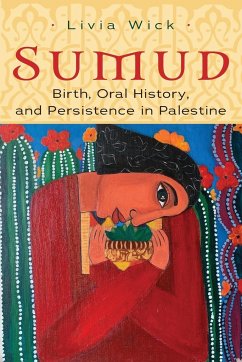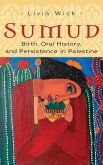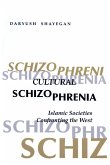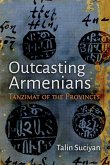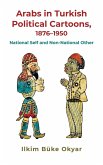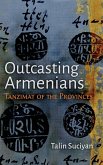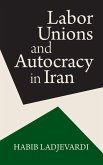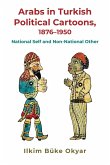Sumud, meaning steadfastness in Arabic, is central to the issues of survival and resistance that are part of daily life for Palestinians. Although much has been written about the politics, leaders, and history of Palestine, less is known about how everyday working-class Palestinians exist day to day, negotiating military occupation and shifting social infrastructure. Wick's powerful ethnography opens a window onto the lives of Palestinians, exploring specifically the experience of giving birth. Drawing upon oral histories, Wick follows the stories of mothers, nurses, and midwives in villages and refugee camps. She maps the ways in which individuals narrate and experience birth, calling attention to the genre and form of these stories. Placing these oral histories in context, the book looks at the history of the infrastructure surrounding birth and medicine in Palestine, from large hospitals to village clinics, to private homes. As the medical landscape changed from centralized urban hospitals to decentralized independent caregivers, women increasingly carved a space for themselves in public discourse and employed the concept of sumud to relate their everyday struggles.

